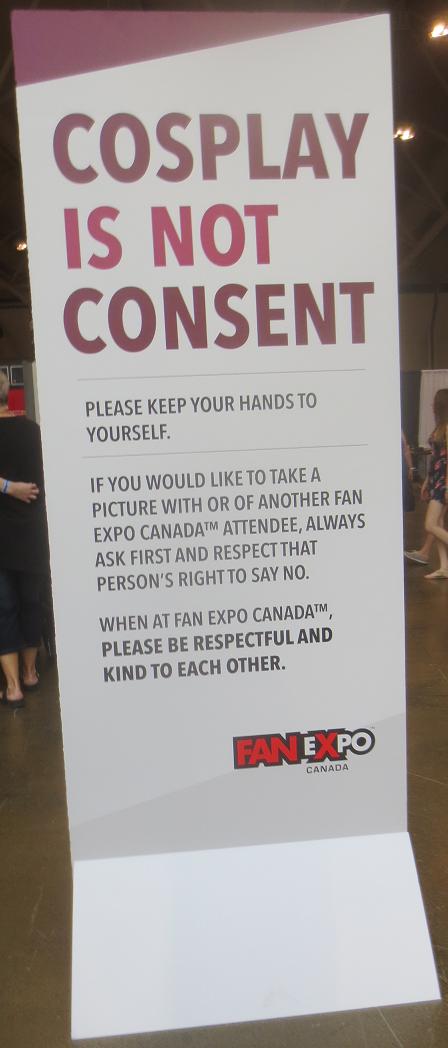It happened to me again last night.
I sat down on the subway and a man sat next to me and immediately started talking. He had three or four ideas, ideas which were not really connected to each other, that he kept coming back to. Over and over again. He periodically asked me if I understood what he was saying, but when I tried to give more than a two word answer, he talked over me until I stopped.
In this case, the man was black (not that that means anything: most often in my experience he has been white). His obsessive talk started being about colonialism in the Philippines (which was odd because he was from Ethiopia – at no time did I get the sense that he had ever been to the Philippines); somewhere in his monologue were observations about the fistfight that broke out in Canadian Parliament because of the repatriation of the Constitution from colonial England and trade negotiations being a form of control of smaller nations. In describing it this way, I’m making what the man said sound a lot more coherent than it actually was. This was just one more example to me of a mind trying to make sense of a jumble of disjointed information and, to my ears, failing, although it obviously made sense to the man who was speaking.
I used to wonder why these people found me. A few years ago, I realized that that was the wrong way to look at what was happening. They will take to anybody. The difference is that I will politely sit and listen to them instead of telling them to stop talking or moving away. Why do I do that? Because I’m basically an introvert who doesn’t want to be involved in a public scene? Because people like this make great fictional characters? Because I have, in the past, been forced to question my own thought processes and way of looking at the world, so I can empathize with these people? All of the above?
When I used to teach, I would try and impress upon my students that they should pay attention to everything and everyone in their environment because the world was an artist’s raw material. The human mind malfunctioning doesn’t get much rawer than this.


Last week, I wrote that there were both nature and nurture aspects to who I am, as a human being and a writer. I wrote about nature (my dance with autism); I have put some time between that and writing about my upbringing so that readers wouldn’t get the feeling that my childhood was a Dickensian nightmare. Still, I did say I would write about my nurturing, so…
My parents were unhappy people whom I remember fighting constantly when I was young. Of course, children believe that everything in the universe revolves around them, so I assumed that they were fighting about me (well into my 30s, if I was around my parents when they were fighting, I would be afraid to listen lest it had something to do with me – those childhood feelings are hella powerful). Because I carried the weight of the bad things that were happening around me, I resolved to go through life making as few waves as possible, being as anonymous as I could be, so I could cause the least damage to people around me.
Combined with my other emotional dispositions, this made me the exact opposite of who I needed to be to succeed as an artist. :-( Things like this contest – win or lose – are important in helping me break out of that emotional straightjacket and, hopefully, reach for the audience my writing deserves.
A couple of years ago (because I can sometimes be slow that way), I realized that my decision when I was eight years old to write comedy was a way of making myself feel better, to help me survive a rough childhood. Over time, this intention grew: first, if I could make my family laugh, maybe it would make them feel better, then I extended this to anybody who would read my writing. Perhaps my writing could make the world a better place by helping alleviate the suffering of my readers, if only for a short while.
Unhappy childhoods happen to a lot of comedians, but I wouldn’t put too much into that. For every one of us in that position, there are hundreds of people with unhappy childhoods who became alcoholics, abusers or right wing politicians (or some combination of the three). The choice to turn childhood pain into humour is more complex than that.
The more I think about it, though, the clearer that connection is in my life.
PS: Everybody in my family went through therapy and came out better people, with a much greater capacity for happiness. I get along with my parents – who are my biggest supporters – much better now. Our life experience is always with us, of course, but we do not have to let our past rule how we live in the present.